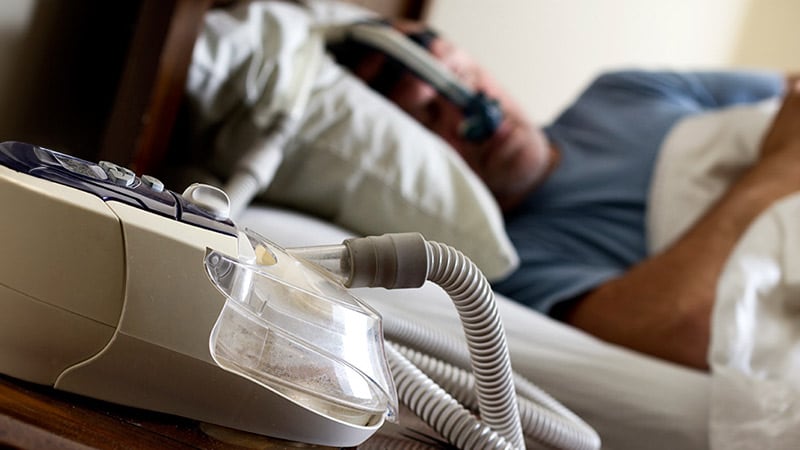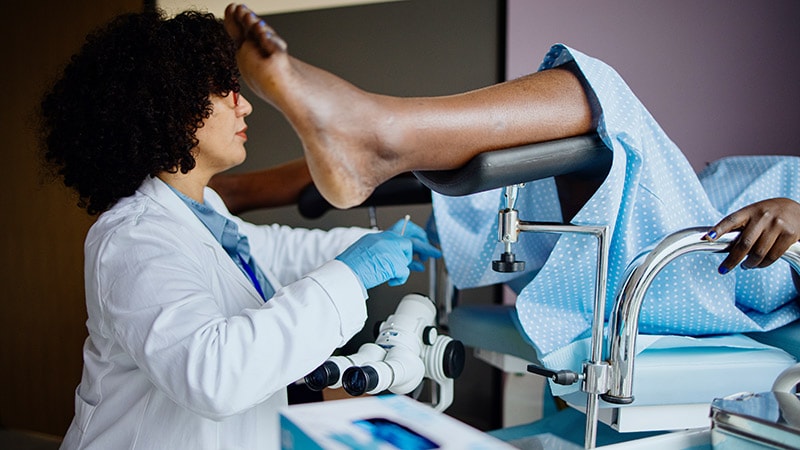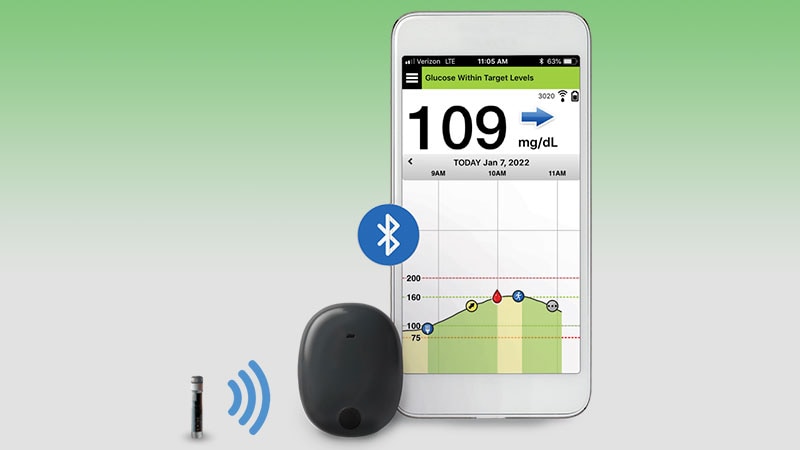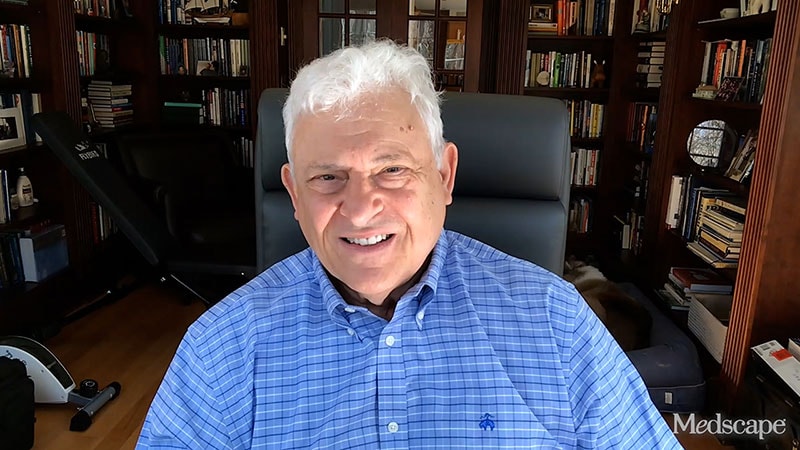Colonoscopy with computer-aided detection (CADe) fails to improve adenoma detection rate (ADR) in real-world, nonrandomized trials , according to investigators.
Although CADe did not increase burden of colonoscopy in the real-world, these real-world detection rates casts doubt on the generalizability of positive findings from randomized trials, reported lead author Harsh K. Patel, MD, of the University of Kansas Medical Center, Kansas City, Kansas, and colleagues.
CADe-assisted colonoscopy has gained increasing attention for its potential to improve ADR, particularly with the recent publication of a meta-analysis involving 20 randomized controlled trials (RCTs), Dr. Patel and colleagues wrote in Clinical Gastroenterology and Hepatology. "However, results of RCTs are not necessarily reproducible in clinical practice."
RCTs evaluating this technology are susceptible to various issues with validity, they noted, such as psychological bias stemming from lack of blinding to the possibility that CADe could reduce operator attention, paradoxically "deskilling" endoscopists.
The present meta-analysis aimed to overcome these potential shortfalls by analyzing nonrandomized data from eight studies involving 9,782 patients.
"The lack of a highly controlled setting reduces the psychological pressure of the endoscopists to demonstrate a possible benefit of CADe (i.e., the operator bias) and allows endoscopists to use CADe according to their preferences and attitudes which we usually experience in a real-world clinical practice," the investigators wrote. "On the other hand, noncontrolled factors may affect the outcome of the study, especially when considering that an equivalent distribution of prevalence of disease is required for a fair assessment of the effectiveness of the intervention."
This approach revealed less favorable outcomes than those reported by RCTs.
CADe-assisted ADR was not significantly different from ADR for standard colonoscopy (44% vs 38%; risk ratio, 1.11; 95% CI, 0.97-1.28), nor was mean number of adenomas detected per colonoscopy (0.93 vs 0.79; mean difference, 0.14; 95% CI, -0.04-0.32).
"Our study provides a contrasting perspective to those results previously known from the randomized studies," the investigators wrote.
While detection benefits were not identified, burden of CADe-assisted colonoscopy was not elevated either.
Mean nonneoplastic lesions per colonoscopy was similar between modalities (0.52 vs 0.47; mean difference, 0.14; 95% CI, -0.07-0.34), as was withdrawal time (14.3 vs 13.4 minutes; mean difference, 0.8 minutes; 95% CI, -0.18-1.90).
Dr. Patel and colleagues described "a high level of heterogeneity that was qualitatively and quantitatively distinct from the heterogeneity discovered in the prior meta-analysis of RCTs." Unlike the RCT meta-analysis, which had no studies with an ADR outcome favoring the control arm, the present meta-analysis found that one third of the included studies favored the control arm.
"This qualitative difference generates a much higher degree of ambiguity, as it does not apply only to the magnitude of the effect of CADe, but it puts in question the actual existence of any CADe-related benefit," they wrote. "An important point to make is that the analysis of adenoma and serrated lesions per colonoscopy supported the qualitative heterogeneity, favoring the control arm over the CADe arm, in the direction of the effect."
Dr. Patel and colleagues suggested that the concurrent lack of benefit and lack of harm associated with CADe in the present meta-analysis is "interesting," and may point to underutilization or a lack of effect of CADe.
"To address the uncertainties in the current literature, we recommend conducting additional randomized studies in a more pragmatic setting," they concluded.
This meta-analysis was supported by the European Commission and AIRC. The investigators disclosed relationships with NEC, Satisfy, Odin, and others.
This article originally appeared on MDedge.com, part of the Medscape Professional Network.

.webp) 1 week ago
13
1 week ago
13





























 English (US)
English (US)